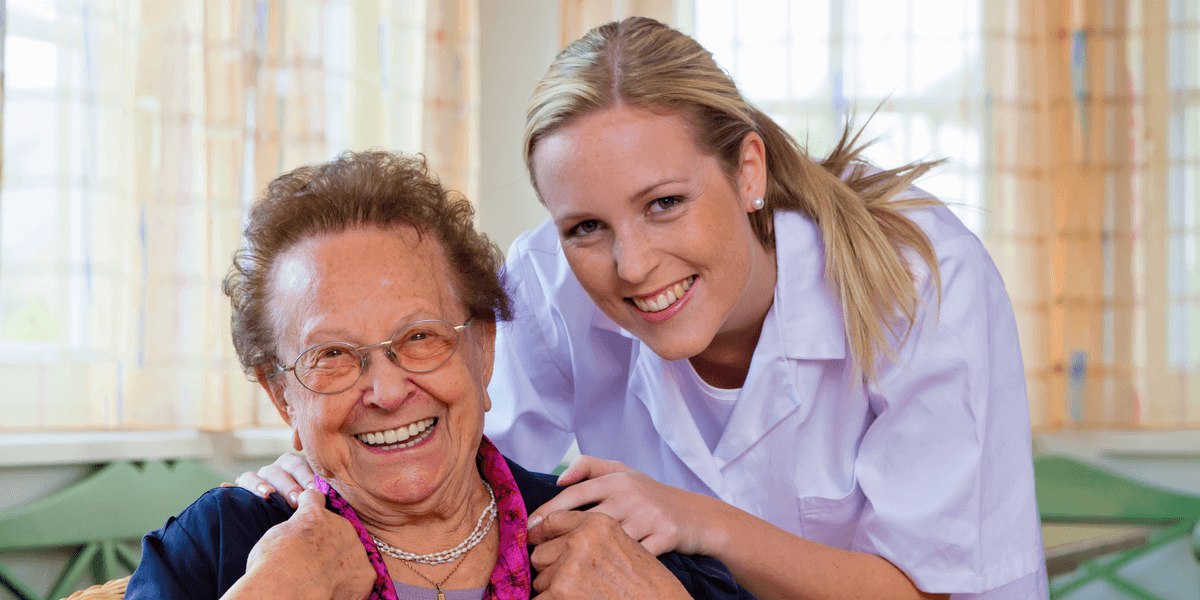The Care Certificate
The Care Certificate
The Care Certificate is an identified set of standards that health and social care workers should strive to adhere to in their daily life. It was developed so that all workers obtain the same introductory skills and knowledge to enable them to provide compassionate, safe, and high-quality care and support.
Care Certificate training is an essential part of any health or social care role. This course is appropriate for anyone new to the industry, currently employed as an adult social care worker or someone who provides direct care in a residential home, nursing home, hospice or in the patien's own home.
It includes information about typical duties, personal development and working in a person-centred way, along with other systems for managing your ability to provide the best possible care across the fifteen modules.
You will Learn
- What is meant by duty of care, the importance of effective communication and the responsibilities surrounding safeguarding both adults and children
- Information about discrimination and equality, including the protected characteristics
- Privacy and dignity preservation, including information regarding confidentiality, handling sensitive information and the UK GDPR principles
- Food safety regulations and the importance of good nutrition and hydration
- Information about common mental health conditions, dementia, learning disabilities and how to determine mental capacity Basic life support and Health and Safety standards .
Benefits of taking this course
- Develop your skills as a health or social care worker
- Gain an insight into what it takes to deliver the best possible care
- Open the door to furthering your education
This course includes
24/7 Student Support
End of course certification
Lifetime access to your course
Compatible with modern devices
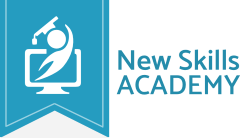 ID: YDFT67YHJ
ID: YDFT67YHJ
of achievement
This certificate is presented to
Your Name

For completing the
The Care Certificate
on 21st November 2025
Selena Hurford
Selena Hurford
Course Tutor

Daniel Morgan
Daniel Morgan
Head of Academy
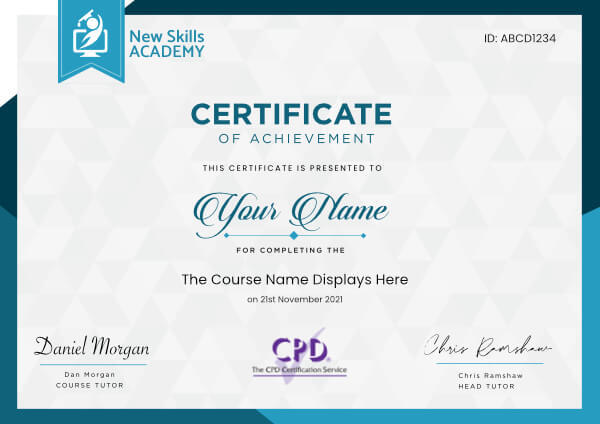
Anyone who has an interest in learning more about this subject matter is encouraged to take the course. There are no entry requirements to take the course.
The course is broken down into 15 individual modules. Each module takes between 20 and 90 minutes on average to study. Although you are free to spend as much or as little time as you feel necessary on each module, simply log in and out of the course at your convenience.
You can study the course any time you like. Simply log in and out of the web based course as often as you require. The course is compatible with all computers, tablet devices and smart phones so you can even study while on the move!
Once you have completed all 15 modules there is a multiple choice test. The questions will be on a range of topics found within the 15 modules. The test, like the course, is online and can be taken a time and location of your choosing.
The pass mark for the test is 70%.
If you don’t pass the test first time you will get further opportunities to take the test again after extra study. There are no limits to the number of times you can take the test. All test retakes are included within the price of the course.
You can either use your Visa, MasterCard, American Express, Solo cards or PayPal account to pay for the online course. Our site uses the latest SSL encryption to ensure your safety. All payments are handled securely by PayPal.
You can begin the course immediately after your payment has been received. You will create your login details during the checkout process. We will also send you an email confirming your login details.
We estimate that the course will take about 11 hours to complete in total, plus an additional 30 minutes for the end of course test.
Once you have been awarded your certificate it is valid for life. The certificate does not expire or need renewing.
Great value course that is very easy to use and full of great content. I learned a lot from it and will now be signing up for other courses.
Thanks New Skills Academy

John Beavan
A brilliant course which was very informative and I really enjoyed it. Very difficult test at the end so you do really need to read through every module to do the test and pass it.
I will be recommending it to all my friends for sure. The bonus is I have access to this information forever. So I can revisit it anytime I like, how great is that??? I think its amazing personally.
Jay Harper
I found this course very useful. It covers the all categories of cleaning and goes in to great detail without being overwhelming. Its a clean and easy to use step by step interface that glides you through the modules. If you want to take more time and revise in your own time without access to the internet, the PDF viewer and print functions are a great feature. This course has helped me gain the new knowledge of this industry and will be the first step towards a great career. There is certainly more than meets the eye when it comes to cleaning and I have an even bigger appreciation for an industry which is vital to millions and widely under appreciated. Thank you British Cleaning Certificate for the excellent service!

Mike Satchell
This course is really good. Easy to read and I found it really enjoyable and interesting as it was full of facts and information relating to the course.
It is nicely broken up into sections with short tests at the end and it doesn’t feel too overwhelming, feels very manageable.
I especially like that there is no time limit on completing this course, being a full time mum of two small children my life is pretty hectic so it’s great that whenever I get half an hour free I can sit and do as much or as little as I want.

Lauren Jones
I didn't know there is a better way and easiest way to better your personal training and fitness instructor course, till someone told me about fitness diploma course, very useful.
The questions are very relevant , I have just completed my personal trainer and fitness instructor course and passed,I'm over the moon, will do another course soon. I truly recommend this website .

Ballas Mustapha
Great support from tutors and IT staff! Emails are always answered quickly, even on late nights and early mornings. Good clear lay out across the website, very easy to navigate and keep track of modules completed.
Would highly recommend to anyone looking to gain more knowledge in their own time and develop in the area. I completed this course on my commute to and from work. I also received a student card with this course that was great to benefit discounts from.
I am already thinking about what other courses I can start with New Skills Academy as soon as possible!

Sarah Howden
The Care Certificate
The Care Certificate is an identified set of standards that health and social care workers should strive to adhere to in their daily life. It was developed so that all workers obtain the same introductory skills and knowledge to enable them to provide compassionate, safe, and high-quality care and support.
Care Certificate training is an essential part of any health or social care role. This course is appropriate for anyone new to the industry, currently employed as an adult social care worker or someone who provides direct care in a residential home, nursing home, hospice or in the patien's own home.
It includes information about typical duties, personal development and working in a person-centred way, along with other systems for managing your ability to provide the best possible care across the fifteen modules.
You will Learn
- What is meant by duty of care, the importance of effective communication and the responsibilities surrounding safeguarding both adults and children
- Information about discrimination and equality, including the protected characteristics
- Privacy and dignity preservation, including information regarding confidentiality, handling sensitive information and the UK GDPR principles
- Food safety regulations and the importance of good nutrition and hydration
- Information about common mental health conditions, dementia, learning disabilities and how to determine mental capacity Basic life support and Health and Safety standards .
Benefits of taking this course
- Develop your skills as a health or social care worker
- Gain an insight into what it takes to deliver the best possible care
- Open the door to furthering your education
This course includes
24/7 Student Support
End of course certification
Lifetime access to your course
Compatible with modern devices
 ID: YDFT67YHJ
ID: YDFT67YHJ
of achievement
This certificate is presented to
Your Name

For completing the
The Care Certificate
on 21st November 2025
Selena Hurford
Selena Hurford
Course Tutor

Daniel Morgan
Daniel Morgan
Head of Academy

Anyone who has an interest in learning more about this subject matter is encouraged to take the course. There are no entry requirements to take the course.
The course is broken down into 15 individual modules. Each module takes between 20 and 90 minutes on average to study. Although you are free to spend as much or as little time as you feel necessary on each module, simply log in and out of the course at your convenience.
You can study the course any time you like. Simply log in and out of the web based course as often as you require. The course is compatible with all computers, tablet devices and smart phones so you can even study while on the move!
Once you have completed all 15 modules there is a multiple choice test. The questions will be on a range of topics found within the 15 modules. The test, like the course, is online and can be taken a time and location of your choosing.
The pass mark for the test is 70%.
If you don’t pass the test first time you will get further opportunities to take the test again after extra study. There are no limits to the number of times you can take the test. All test retakes are included within the price of the course.
You can either use your Visa, MasterCard, American Express, Solo cards or PayPal account to pay for the online course. Our site uses the latest SSL encryption to ensure your safety. All payments are handled securely by PayPal.
You can begin the course immediately after your payment has been received. You will create your login details during the checkout process. We will also send you an email confirming your login details.
We estimate that the course will take about 11 hours to complete in total, plus an additional 30 minutes for the end of course test.
Once you have been awarded your certificate it is valid for life. The certificate does not expire or need renewing.
Great value course that is very easy to use and full of great content. I learned a lot from it and will now be signing up for other courses.
Thanks New Skills Academy

John Beavan
A brilliant course which was very informative and I really enjoyed it. Very difficult test at the end so you do really need to read through every module to do the test and pass it.
I will be recommending it to all my friends for sure. The bonus is I have access to this information forever. So I can revisit it anytime I like, how great is that??? I think its amazing personally.
Jay Harper
I found this course very useful. It covers the all categories of cleaning and goes in to great detail without being overwhelming. Its a clean and easy to use step by step interface that glides you through the modules. If you want to take more time and revise in your own time without access to the internet, the PDF viewer and print functions are a great feature. This course has helped me gain the new knowledge of this industry and will be the first step towards a great career. There is certainly more than meets the eye when it comes to cleaning and I have an even bigger appreciation for an industry which is vital to millions and widely under appreciated. Thank you British Cleaning Certificate for the excellent service!

Mike Satchell
This course is really good. Easy to read and I found it really enjoyable and interesting as it was full of facts and information relating to the course.
It is nicely broken up into sections with short tests at the end and it doesn’t feel too overwhelming, feels very manageable.
I especially like that there is no time limit on completing this course, being a full time mum of two small children my life is pretty hectic so it’s great that whenever I get half an hour free I can sit and do as much or as little as I want.

Lauren Jones
I didn't know there is a better way and easiest way to better your personal training and fitness instructor course, till someone told me about fitness diploma course, very useful.
The questions are very relevant , I have just completed my personal trainer and fitness instructor course and passed,I'm over the moon, will do another course soon. I truly recommend this website .

Ballas Mustapha
Great support from tutors and IT staff! Emails are always answered quickly, even on late nights and early mornings. Good clear lay out across the website, very easy to navigate and keep track of modules completed.
Would highly recommend to anyone looking to gain more knowledge in their own time and develop in the area. I completed this course on my commute to and from work. I also received a student card with this course that was great to benefit discounts from.
I am already thinking about what other courses I can start with New Skills Academy as soon as possible!

Sarah Howden
Why you should study with us
Learn with confidence...

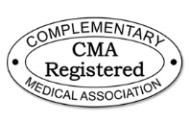

 RRP
$100
RRP
$100
Get a FREE Course
Tick this box to Sign up for our newsletter, and get access to the Interview Skills and CV Writing Certificate course for free! By signing up, you agree to our Privacy Notice & Cookie Policy and to receive marketing and related emails from academy+ brands. You can unsubscribe at any time.What our students say about us...
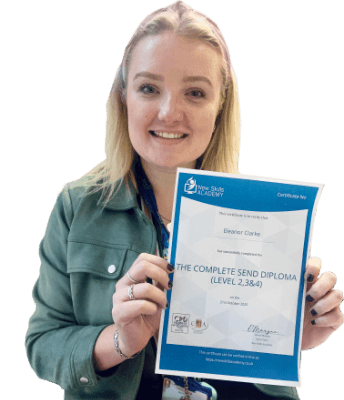
It was an eye opening course that was flexible and easy to access. I was able to complete it from the comfort of my own home whilst also having the tasks to complete which enabled me to check my knowledge. I know feel much more confident in my field of work and really enjoyed doing it.
Ellie Clarke

Fantastic course! Well-presented and challenging with frequent assessments. I feel a serious sense of accomplishment having not studied for over 30 years! Videos that accompany each module are carefully thought out and informative. Am so impressed with this course, have now signed up for 3 other courses and recommending New Skills Academy to everyone!
Marva Hudson

I found this course incredibly useful, as it provided me with practical knowledge which I can implement in my role as a Support Worker. The videos were clear and concise, and the downloadable worksheets reinforced what I had learned as I was able to put pen to paper. Overall, a fantastic course for a great price! I am looking forward to taking on my next one.
Teleisha Harley

I took up this course initially to help me with my own dog, but found that as I worked through the material I actually started thinking that this could be something that I could use to make a second income. From start to finish I found the course engaging and interesting. I am now doing another dog related course and am experiencing the same level of enjoyment. I would recommend New Skills Academy without hesitation.
Keith Smith

Lovely course for people who want to know the basics and of sign language. It's has helped me to get more of an understanding and will greatly benefit me in my workplace. So easy to pick up and the videos were easy to understand. Would definitely recommend to anyone.
Chloe Hambly

Excellent course, well explained and easy to understand. The course can be done at my own pace and is available on various devices. The layout of the course was excellent and the notes options is very good. The content is perfect and well structured, making it easy to understand and follow. I will definitely be taking more courses in the future.
Luis Costa

Wow what an incredible insight for the start of anyone's journey in property. This course gives you so much information and there are tests and questions on each of the modules. The course is very easy to follow and well laid out. You can actually make notes on the pages of each module using the notes tab! I am very excited to say that I passed and I only spent one week on this course. I will print all the PDF information and keep it in a file with my certificate. I feel very confident for my future plans now I have completed this course.
Nichola Anderson
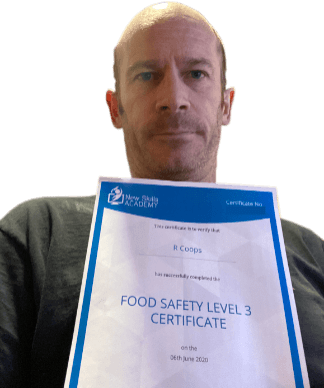
Yet another well laid out course. This is my 3rd course so far with New Skills Academy.
More than likely will be back for another one soon. This course was enjoyable to do, and I learnt a lot and passed first try. My certificate will be up on the wall soon.
Rob Coops



